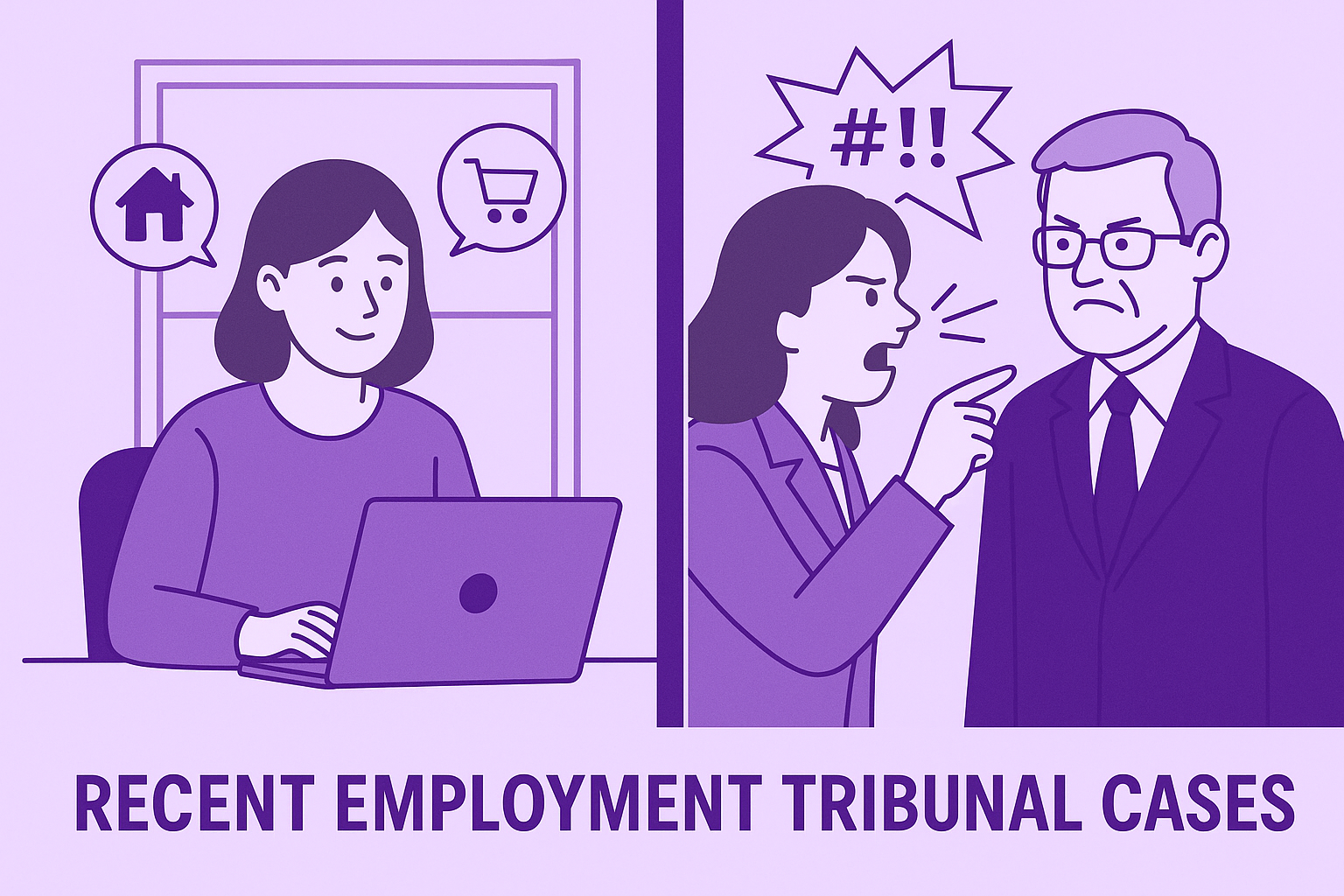
How to manage staff when the English weather turns is always a topic for discussion among employers. In this video (one from our #AskDOHR series) we give employers different elements which they need to consider when making decisions about their business and whether or not to pay staff who fail to come to work due to bad weather, school closures or transport shut down.
The way in which you treat snow days will very much depend on your business. Certainly if you’re providing a service such as fire brigade, police, hospitals, district nurse, GP, or anything that’s critical, you will have to have a business continuity plan for ‘snow days’.
However, there are lots of work environments such as offices, gardens, building sites, leisure centres, delivery drivers and factories and as such, circumstances are going to be different for each one and for each type of business.
There are lots of elements you need to take into consideration when deciding whether or not to stay open:
- Health & Safety – is the work environment safe – do you have heating and running water?
- Health & Safety – can people reach work safely? If not, can you do anything to improve access such as gritting or sweeping paths?
- Transport and Infrastructure – are buses and trains running? Not just to get people to work, but to get them home again as well.
- Duration – How long is the bad weather due to last and can you put different plans in for different days? Perhaps the business could shut down for a day, but perhaps not for 2?
- School Closures – It’s also very difficult to force people to come to work if they’ve got no childcare. While some children are old enough to be left at home, others will not be. Friends and family may all have their own snow issues and not be able to help out on a ‘snow day’ as they might otherwise be able to do.
There is no right and wrong way about how you deal with this. However, the first thing to do is to look at your contracts of employment. What options are available to you?
- pay them regardless of whether they make it into work
- unpaid leave for anyone unable to come to work
- allow them to use holiday (if they have any left) to be paid for their time off
- allow people to work from home (where business appropriate for them to do so)
- put people up in a hotel to enable them to reach work easily – again this will depend on their personal circumstances
Be sensible. Think about the value of your relationship with your staff. Think about the expectations of your clients. It’s a business decision and it doesn’t just come down to money. It also comes down to good will and relationships not only with your staff, but with your clients, suppliers and perhaps the community at large.
People are going to understand when everything else around you comes to a grinding halt. We’re on red and amber alerts across the country. Everybody is going to be aware of that. It’s about making an effort, it’s about doing the right thing. It’s about staff showing willing, offering to work at home, offering to come in. Would you allow them to bring a child into the workplace? Would that be appropriate if the school is closed but they can still get to work? It’s about getting a balance, it’s about give and take and it’s about relationships.
Look after your staff, they’ll be more motivated to support you. But there are times where you need your staff to turn up to work and failure to do so could cause massive implications for your clients or the community.
The decision ultimately is yours, you are the business owner, the buck does stop with you, but do what feels right and don’t put yourself in breach of your own contracts, policies and procedures.


